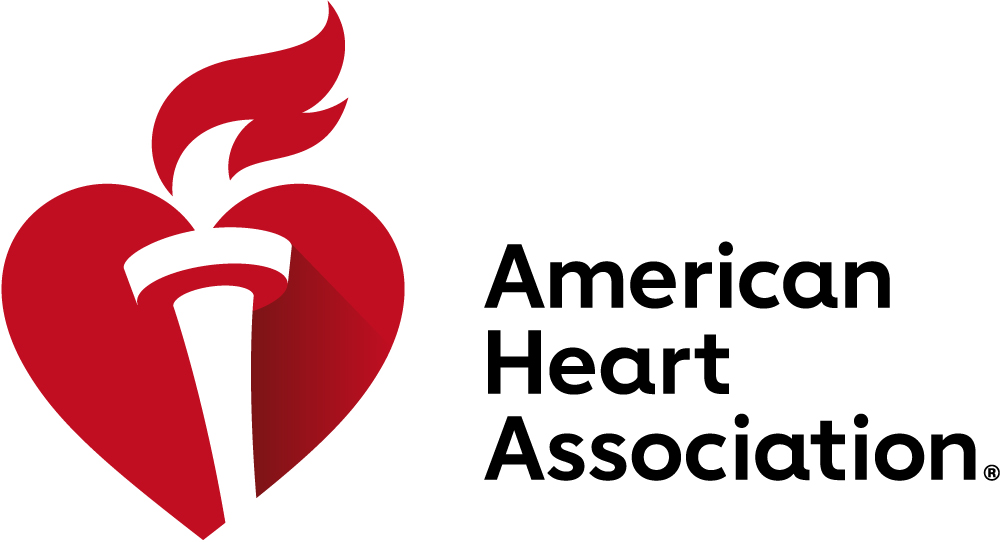$10 million invested to study long-term impact of COVID-19 on heart and brain health
(NewMediaWire) - December 15, 2021 - DALLAS - As COVID variants continue to spread and individuals struggle with lingering effects long after the initial infection, the American Heart Association has announced a $10 million research initiative to fund new studies into the long-term effects of the deadly coronavirus and its impact on the body’s cardiovascular and cerebrovascular systems. The Association, the world’s leading voluntary organization focused on heart and brain health and research for all, is continuing to build the body of science related to the causes and impacts of COVID-19 and treatments.
The “Mechanisms Underlying Cardiovascular Consequences Associated with COVID-19 and Long COVID,” grants will fund researchers to identify and study the underlying basic mechanisms that cause cardiac, vascular and cerebrovascular complications among COVID-19 patients. Additionally, studies will look at why some people (estimated at 10% to 30% of patients) are more susceptible to the lingering effects of the virus well beyond the initial 2-to-3 weeks expected recovery, a condition known as Long COVID. Previous research has reported the potential for long-term damage to tissues, including the heart and brain, and has suggested that persistent inflammation in the body may contribute to Long COVID. Studies selected may include those that assess tissue damage, track the disruption of various biological signaling pathways and systems and identify biomarkers that may ultimately lead to treatments.
“While COVID-19 was initially thought to be a disease only of the respiratory system, it quickly became evident that its effects were not limited to any one system of the body. Cardiovascular complications in aggregate have commonly been reported among COVID-19 patients and most often include blood clots, heart inflammation known as myocarditis, disruption of the heart rhythm, heart failure and heart attacks,” said Svati H. Shah, M.D., M.S., M.H.S., FAHA, professor of medicine and associate dean for genomics in the division of cardiology at Duke University School of Medicine in Durham, N.C. “Frequently reported symptoms in patients who have effects long after their initial COVID infection have cardiovascular-related aspects including fatigue, chest pain and shortness of breath. The patients also report effects on the central nervous system, including both psychological effects such as anxiety and depression, as well as cognitive effects such as confusion and deficits of memory and concentration. But we have a lot still to learn through rigorous research to understand Long COVID.”
Shah noted that research shows that people with high blood pressure or who have heart disease or survived a stroke may be more susceptible to severe COVID-19. They are particularly vulnerable to its effects, dying from the virus at rates of two to three times higher than people in the general population.
“COVID-19 has also disproportionately impacted racial and ethnic groups. Recent data from the U.S Centers for Disease Control and Prevention shows that rates of hospitalization and death remain at least two-fold higher for people who are American Indian or Alaska Natives, Black individuals and Hispanic or Latino persons,” Shah said. “It is critical that we address these inequities, so as we review the research proposals, we’ll be giving special consideration to those projects that have a strong focus on inclusion of diverse populations.”
This latest research initiative extends the American Heart Association’s commitment to understanding and mitigating the biological effects of the infectious virus. As the largest nonprofit, nongovernmental funder of cardiovascular and cerebrovascular research in the U.S., the Association recognized early in the pandemic the need to change course to meet developing needs precipitated by the emergence of COVID-19. Since March 2020, the Association has:
- funded $2.4 million in novel research on COVID-19, the results of which are currently being reported;
- created a large, national registry of health records for patients hospitalized with COVID-19 - the Get With the Guidelines® COVID-19 CVD Registry;
- provided enhanced flexibility and up to $3 million in supplemental funding for recipients of AHA research grants;
- reviewed nearly 4,000 manuscripts focused on COVID-19 research in the Association’s 13 peer-reviewed scientific journals;
- disseminated more than 50 presentations on COVID-19 research at the Association’s premier scientific meetings; and
- established a collection of resources for health care systems, clinicians, patients and the public.
The deadline for applying for the new COVID research grants is February 1, 2022. The selected awardees will be announced in March and the three-year research studies will get underway April 1. More information on the grants and instructions for applying can be found here.
The American Heart Association has funded more than $4.9 billion in cardiovascular research since 1949.
Additional Resources
- American Heart Association coronavirus (COVID-19) resources
- COVID 19: Content An AHA Compendium - Professional Heart Daily | American Heart Association
- The American Heart Association outlines its role in the global COVID-19 pandemic
- Follow AHA/ASA news on Twitter @HeartNews
The Association receives funding primarily from individuals; foundations and corporations (including pharmaceutical, device manufacturers and other companies) also make donations and fund specific Association programs and events. The Association has strict policies to prevent these relationships from influencing the science content. Revenues from pharmaceutical and biotech companies, device manufacturers and health insurance providers and the Association’s overall financial information are available here.
About the American Heart Association
The American Heart Association is a relentless force for a world of longer, healthier lives. We are dedicated to ensuring equitable health in all communities. Through collaboration with numerous organizations, and powered by millions of volunteers, we fund innovative research, advocate for the public’s health and share lifesaving resources. The Dallas-based organization has been a leading source of health information for nearly a century. Connect with us on heart.org, Facebook, Twitter or by calling 1-800-AHA-USA1.
###
For Media Inquiries: 214-706-1173
Cathy Lewis: 214-706-1324; cathy.lewis@heart.org
For Public Inquiries: 1-800-AHA-USA1 (242-8721)




